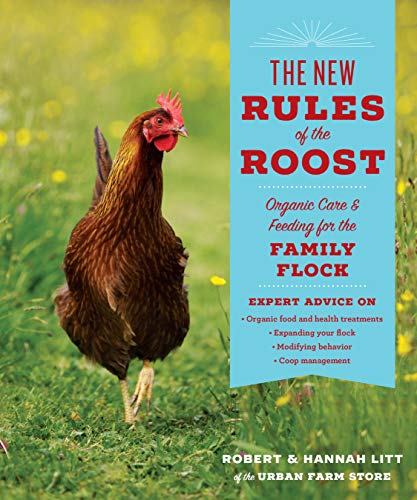A series of publications that offer a wide array of techniques and controls to effectively reduce or eliminate damage from insects, diseases and weeds without sacrificing the good of the soil, water, or beneficial organisms.
Keyword: Organic farming
Sustainable Agriculture Information Service
Hundreds of free publications from ATTRA – National Sustainable Information Service. Topics include:
* What is Sustainable Agriculture?
* Livestock
* Horticultural Crops
* Marketing, Business & Risk Management
* Field Crops
* Farm Energy
* Soils & Compost
* Education
* Water Management
* Pest Management
* Organic Farming
Christmas trees and organic farming
Is there such a thing as a certified organic Christmas tree? If so, where might I find one?
The Washington Department of Agriculture has a list of certified organic producers (current as of 3/7/2019) and on this list I found farms which have carried organic Christmas trees in the past if not currently:
Lazy J Tree Farm in Port Angeles, WA
Buttonwood Farms in Redmond, WA
Fall City Farms states on their website that, while not certified, they grow their trees using organic practices.
Washington State University’s Farm Finder
describes Fall City Farms as follows:
“They practice ecologically-sound farming and sustainable agriculture and serve as an agricultural education and culinary resource.”
The Farm Finder lists a number of other farms which carry “claimed ecologically sound” Christmas trees. The only other farm in King County is Carpinito Brothers in Kent. (There are other farms in other counties.)
In Oregon, there are two types of organic certification, described in this Oregon Public Broadcasting feature:
SERF (Socially and Environmentally Responsible Farm)
and Coalition of Environmentally Conscious Growers certification.
This New York Times article, “How Green Can a Christmas Tree Be,” by Annie Raver (12/3/2008) mentions there is a certification called “Certified Naturally Grown” for Christmas trees in 47 states.
Another option, if you have the space in your garden, is to buy a living tree from an organic nursery and then plant it.
The New Rules Of The Roost: Organic Care & Feeding for the Family
 Robert and Hannah Litt of Portland wrote A Chicken in Every Yard, published in 2011. They regard their chickens as pets to pamper and keep safe – they only eat their eggs. This book will tell you how to do the same.
Robert and Hannah Litt of Portland wrote A Chicken in Every Yard, published in 2011. They regard their chickens as pets to pamper and keep safe – they only eat their eggs. This book will tell you how to do the same.
On a visit to the island of Kauai in Hawai’i, the Litt family discovered that chickens have naturalized and do quite well looking after themselves. This led to a new book, The New Rules of the Roost (2018) that incorporates some of this avian independence. Now the setting for their home flock is “more dynamic, so that our chickens can safely forage for food and scratch around, but when and where we want them to.”
How does all this work with the garden? Very well, if you consider the hens as part of the family – it just takes a lot of compromise and ingenuity.
Published in Garden Notes: Northwest Horticultural Society, Fall 2018
Garden Organic (UK) aka Henry Doubleday Research Association
“Garden Organic, the UK’s leading organic growing charity, has been at the forefront of the organic horticulture movement for 50 years and is dedicated to researching and promoting organic gardening, farming and food.”